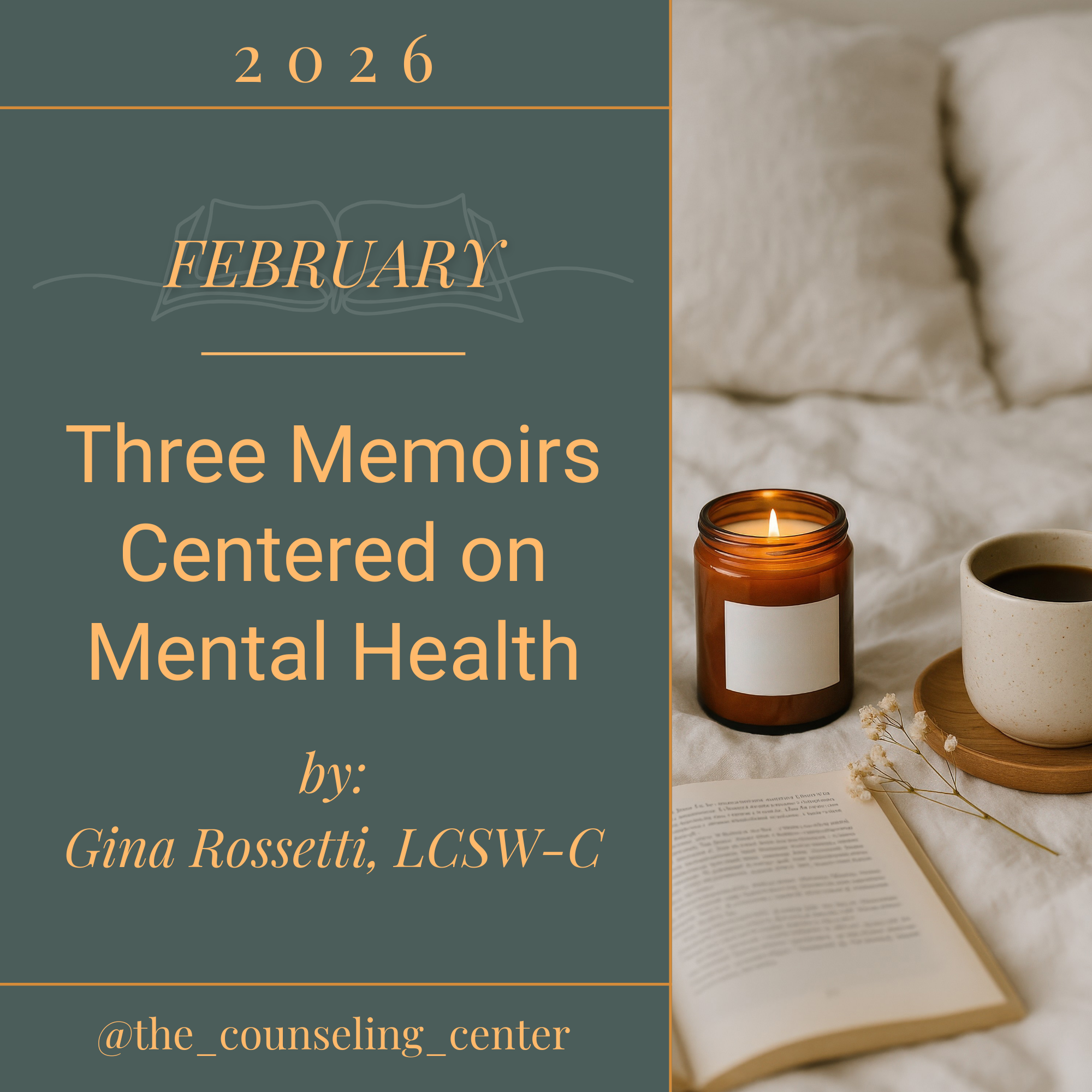Three Memoirs Worth a Read that Center on Mental Health
/Reading has so many therapeutic benefits! Memoirs specifically are a wonderful way to connect with experiences we might not otherwise encounter and to feel seen and connected to others. Other benefits include…
Read More







